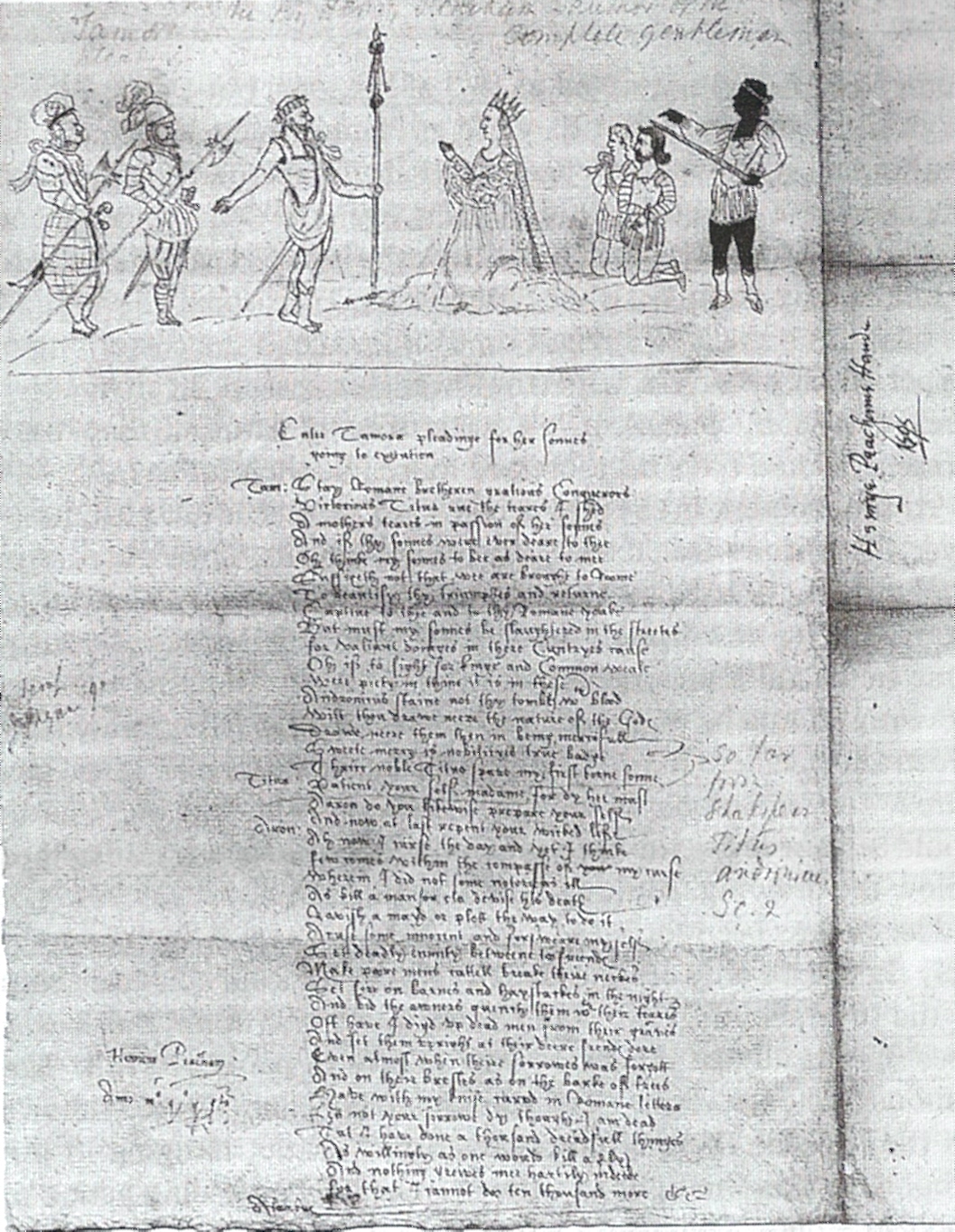So I think I discovered my dream job.
Only half of my work as an MA student is the actual coursework - the usual stuff like attending class, reading/annotating homework, writing. For those of us who were fortunate enough to get into the program with full funding, however, the other half takes the shape of a (bottom-of-the-totem-pole) department job. Most people work as TAs, teaching freshmen English; I'll let you imagine what it's like to teach a curriculum you had no hand in developing to people who don't want to be there. I have the utmost respect for my fellow grad students, because they are down in the trenches.
There are a handful of us, however, who do other things. I have no idea how I lucked out on this, but I wound up being an RA ("research assistant," not dorm supervisor). RAs have a less clearly-defined set of duties. When I got the official job description, there was everything from proofreading faculty manuscripts to actual research on authors or bibliographies. I have a hard time thinking of this as a job, because it is so much fun to do. Currently, I work for three different professors. For one, I hunt around for a very specific type of poetry for use in an upcoming paper; another has me transcribing correspondence of a 20th century political activist for a book project; and for the third, I'm gathering sources for the bibliography of yet another upcoming book.
Along the way, I find myself learning a lot about topics that wouldn't normally have captured my attention; I'm surprised by how intellectually invested I'm getting in other people's projects! The icing on the cake came today, when I handed one of the professors the files of my work from last week - I have never seen such joy come over a person. I am not exaggerating when I say that "giddy" is a relevant keyword. How can that kind of enthusiasm not rub off? So in a first-world kind of way, I feel like I'm helping people, which is a very satisfying thought. As far as I know, no such thing exists, but if there was any way to do this kind of job full-time, this would be my first choice in careers.
On the academic front:
Medieval Literature: We read books 1 & 2 of Boethius' Consolation of Philosophy this week, which pleased me, because this marks the third time I've studied this book: highschool, college, and now grad school. I think that of all the choices to follow me through each stage of my education, this is one of the most appropriate. We touched on allegory today, which I hear will be developed further in subsequent weeks. I'm excited about that, since it dovetails nicely with my own research interests (Pilgrim's Progress and The Divine Comedy come to mind).
Shakespeare: This week focused on Revenge Tragedy. Titus Andronicus was the focal point. Good heavens. This has to be - by far - the darkest of any of Shakespeare's plays, at least that I've read. There is so much gore happening onstage that I had to wonder exactly how they depicted somebody's hand getting chopped off back in the 16th Century. A lot of the class discussion had to do with the impact of revenge on the character executing it. Does it strengthen or weaken them? It could be read as a glorious assertion of self or as a descent into caricature. I tend toward the latter. Watching Titus or Hieronimo (Spanish Tragedy) go on their quests for vengeance, I saw them gradually lose touch with the world around them; they were no longer able to constructively interact with society, which I believe is a crucial virtue in Shakespeare. I also read Harold Bloom's analysis of Titus, and he commented that the over-the-top melodrama of the play is too bad to be taken seriously; he's of the opinion that it was a parody. That was illuminating, and helped explain why I felt like I was reading something straight out of gothic Romanticism.




